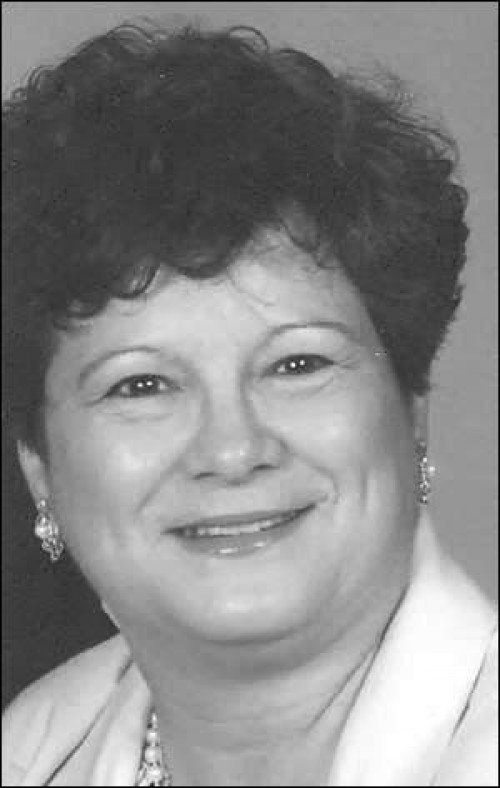
Kathryn Gautreaux
September 24, 2007September 26
September 26, 2007The image of the offshore supply boat industry has been somewhat negative in the recent past, but the trade association representing the industry has made great strides to improve its operations, according to Ken Wells, president of the Harahan-based Offshore Marine Service Association (OMSA).
Wells spoke at a meeting of the South Central Industrial Association last Tuesday at the Quality Hotel in Houma.
OMSA represents around 100 firms, which own and operate marine service vessels. The workboats supply the Gulf’s oil rigs and transport the workers. Vessel owners employ around 12,000 crew members.
“We represent anything that floats offshore and supplies the oil and gas sector,” Wells said.
Wells half-facetiously rattled off some of the misconceptions which have plagued the marine service industry.
“One is that we are crazy Cajuns,” he said.
“Our entertainment budget is higher than our safety budget” is another canard, Wells said. “They may have been accurate in 1979, but not today.”
“Many outside our industry are stuck” with these misconceptions, he said. “They think that’s the way we are. At least they think we’re not to be trusted on safety and security. It’s our own fault. It’s something we need to change. The stakes are too high.”
“We’re addressing the safety of those transferred offshore,” he said. “Our workers comply with alcohol and drug testing. They are highly trained. We are hiring a workforce better than any blue-collar workforce.”
The last big oil boom for Louisiana was in the early 1980s.
“There was not a lot of safety, not the same approach,” he explained. “We have more federal regulation now. Companies know it’s more profitable to run a safe environment. Workers have background checks.”
OSHA data shows that workers on offshore supply vessels are safer than employees of banks, Wells said.
“We’ve moved the industry forward on issues like fatigue,” he said. “But it’s still a dangerous place to work.”
OMSA represents only U.S.-flagged vessels. The association does not represent foreign-flagged boats, which are owned by companies based in America.
“To fly the U.S. flag costs money,” Wells said. “It means you have a commitment to safety. It means you are hiring Americans, that you are committing to build in U.S. shipyards.”
The cost of operating offshore supply boats runs to $3 billion annually.
“But the payoff for having a U.S. flag is great,” he said.
The average wages paid to the crew of an offshore workboat is $700,000 to $1 million a vessel annually.
Offshore vessel workers pay $10.5 million yearly in state and federal taxes, Wells said, in addition to parish taxes.
“We are the largest taxpayer in Lafourche Parish,” he said. “We’re helping pay for schools and roads.”
He asserted that OMSA members have to compete against the toughest companies found anywhere.
Later, SCIA President Don Hingle said Houma has some of the premiere oilfield services firms in the world.
In the question-and-answer session following his presentation, Wells addressed the issue of unionizing offshore workboat crews.
“Our men are making more” than if they were unionized, he said. “We have to watch the power of organized labor in this new Congress. Congress would do away with secret ballots (to join unions). When a worker votes, we find he doesn’t want to be unionized.”
Although the marine service industry pays its workers two to three times the local average, companies are still having difficulty attracting workers.
“You have almost full employment here,” Wells said. “You see billboards advertising, but they’re not getting the workers. Unless families have more children, there won’t be enough [future workers].”
In response, the marine service industry is looking for workers in areas with high unemployment.
Companies have found Greeneville, Miss., in the northern part of the state, to be especially fruitful.
“We’re not talking about stealing people,” Wells said. “Every school had a star quarterback. We’re trying to recruit.”









